Continuous Improvement Plans from Scratch
A key to a quality educational program is a clear, concise, and systematic continuous improvement plan. However, sometimes it’s not clear where to start or how to use the information once the plan is implemented. In this session, attendees will receive pointers on how to start, structure, and implement a continuous improvement plan. Learning Objectives… Read more »
